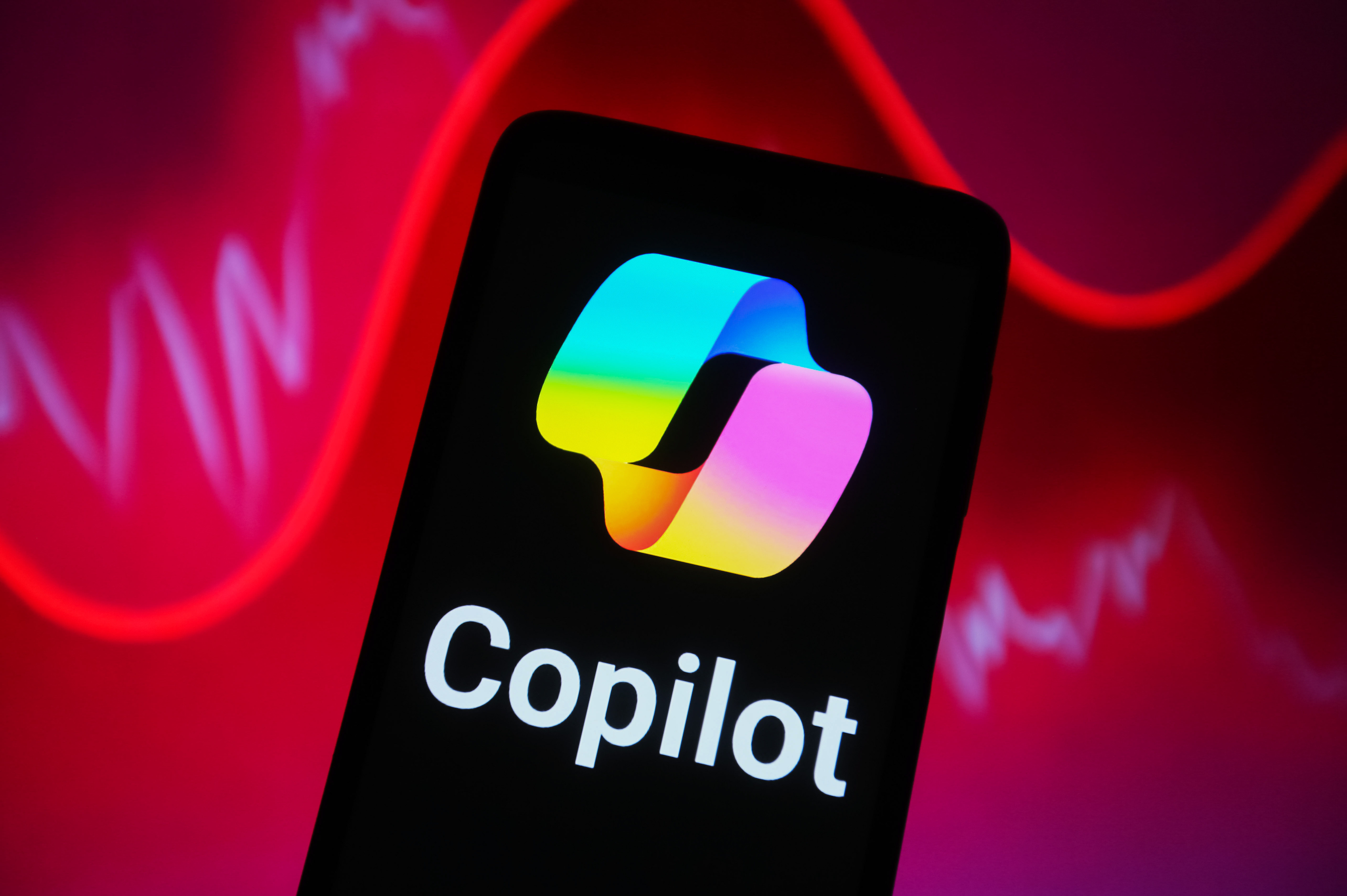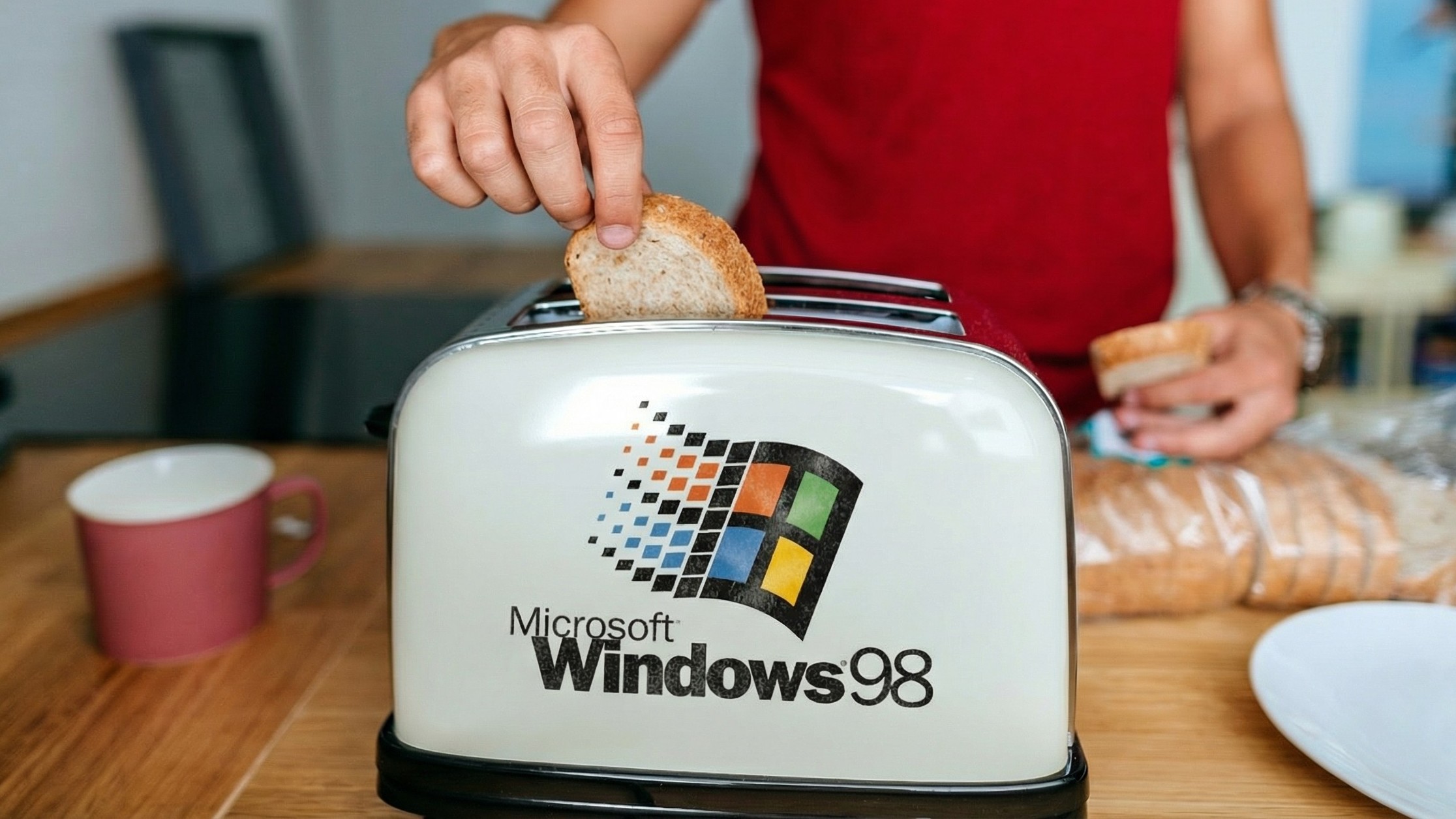Microsoft Copilot gets OpenAI's GPT-4o image generation support — but maybe a day late and a dollar short for the hype?
Microsoft Copilot can now generate photorealistic images and let users edit their creations, months after ChatGPT's 'Ghibli' craze.

All the latest news, reviews, and guides for Windows and Xbox diehards.
You are now subscribed
Your newsletter sign-up was successful
Microsoft recently shipped a new update for Copilot AI. The assistant now supports GPT-4o image generation. As you may remember, OpenAI shipped its ChatGPT-4o image generator earlier this year, which caused a lot of fuss across social media, especially for its Ghibli memes.
4o Image Generation is live! Bring your creativity to life and share your creations by using #MakeItWithCopilot. Here’s what I can do:⚡Render accurate, readable text⚡Edit what you created⚡Follow complex directions⚡Transform an existing image’s style⚡Make… pic.twitter.com/3ZhXB19J5gMay 15, 2025
According to Microsoft:
"We’ve upgraded Copilot’s image generation with 4o image generation, allowing you to create images with even richer detail and composition. With this update, Copilot also does a much better job of refining images based on a previous image — and now you can even upload your own image to use as a starting point, giving you more creative control and flexibility.”
OpenAI's GPT-4o model brings a plethora of new image generation capabilities to Microsoft Copilot, including the capability to edit your creations, transform an existing image's style, generate photorealistic images, render accurate and readable text, and follow complex directions.
It's worth noting that Microsoft already shipped OpenAI's GPT-4o image generator to Microsoft 365 Copilot (for enterprise) last month, and now it's shipping Microsoft Copilot's consumer version.
As such, Microsoft Copilot sports better image generation capabilities compared to Microsoft Designer and Image Creator by Designer, which rely on OpenAI's dated DALL-E image generation technology.
It remains to be seen whether Microsoft will be able to tap into the Ghibli frenzy now that OpenAI's GPT-4o image generator has finally shipped to Copilot. This is yet another example of how Microsoft is seemingly left with the short end of the stick despite its multi-billion-dollar partnership with OpenAI.
All the latest news, reviews, and guides for Windows and Xbox diehards.
Microsoft's AI CEO, Mustafa Suleyman, complained that OpenAI often fails to deliver access to its advanced AI models, making it difficult for the tech giant to integrate the technology across its tech stack. However, Microsoft is developing its own in-house AI models to prevent it from being exposed in case something catastrophic happens to OpenAI.

Kevin Okemwa is a seasoned tech journalist based in Nairobi, Kenya with lots of experience covering the latest trends and developments in the industry at Windows Central. With a passion for innovation and a keen eye for detail, he has written for leading publications such as OnMSFT, MakeUseOf, and Windows Report, providing insightful analysis and breaking news on everything revolving around the Microsoft ecosystem. While AFK and not busy following the ever-emerging trends in tech, you can find him exploring the world or listening to music.
You must confirm your public display name before commenting
Please logout and then login again, you will then be prompted to enter your display name.
